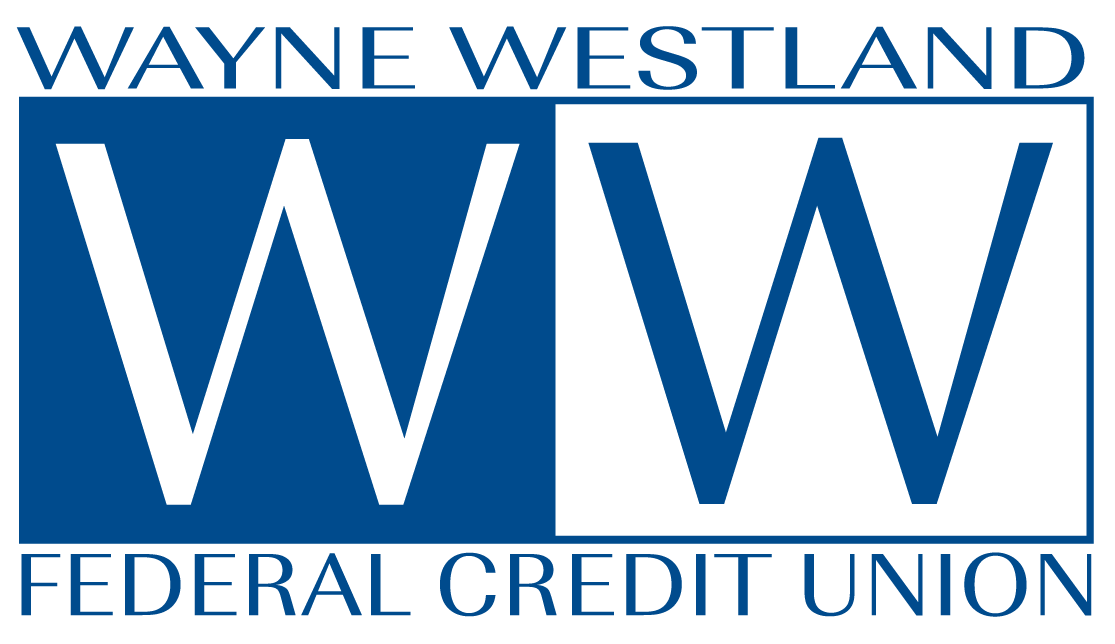Chances are, if you’ve listened to your parents you’ve been instructed that you need at least 20% down when buying a home. You’re not alone. According to a Sallie Mae survey, nearly 50% of renters think they need 20% down to buy a home. The good news is you’re much closer to becoming a homeowner than you might have thought.
What You Really Need to Buy a House
So, how much of a down payment do you really need? There are actually many mortgages out there you can get with a down payment of 3-5%. Loans from the Federal Housing Administration require down payments as low as 3.5%.
If you’re a veteran, chances are you might qualify for a Veterans Administration loan with zero down payment. And anyone can apply for a Fannie Mae loan with as little as 3% down.
Stop Renting, Start Buying
The 20% Myth has stopped many people from buying a home. A recent study shows millennials will spend nearly $100,000 in rent by age 30. That’s because 56% of millennials think they don’t have enough saved to buy a home. Considering that rent prices continue to go up while mortgage interest rates are dropping, it might be the perfect time to stop renting and buy a house.
The Credit Myth
Another myth that’s stopping people from becoming homeowners centers on credit scores. An Ellie Mae survey discovered that 63% of renters think they need a credit score of at least 700 to qualify for a mortgage. However, many lenders only require a credit score of 640 or higher to get a mortgage.
Start Talking
All of these concerns and myths would be quashed if more renters spoke to loan officers and mortgage specialists.
Start your conversation today by speaking with a WWFCU Member Service Representative at (734) 721-5700 or in our branch. You can also speak with a mortgage specialist with our partner Mortgage Center at (800) 353-4449 or click here to get started.


